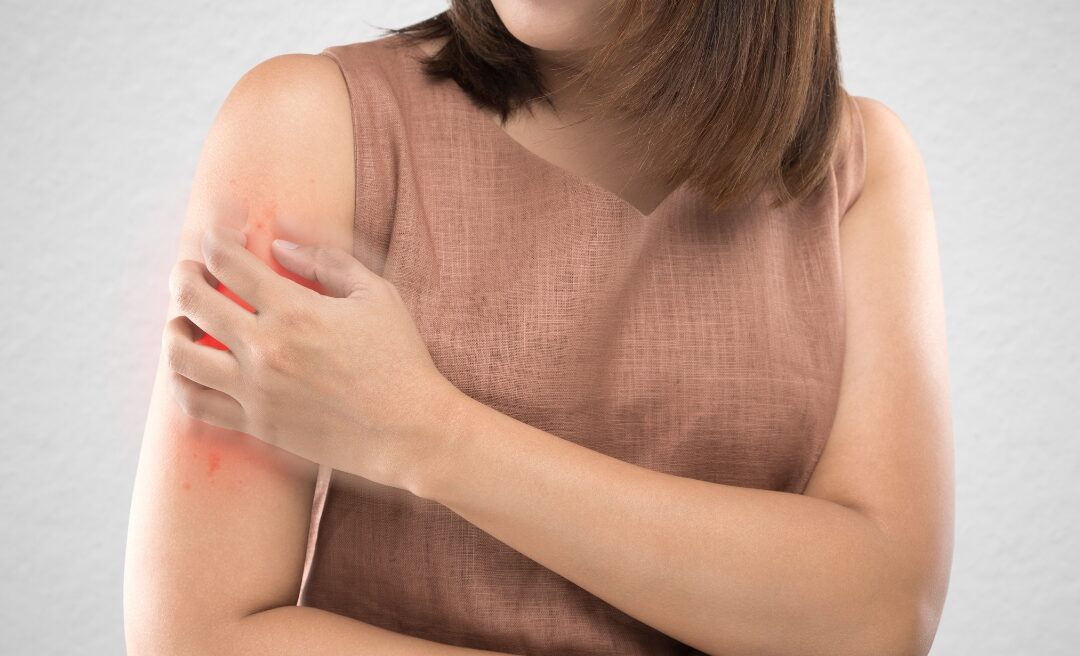Travelling abroad exposes you to various insect-borne diseases not commonly found in the UK. This makes insect bites a significant concern. Mosquitoes, ticks, and other insects can transmit serious illnesses like malaria, dengue fever, and yellow fever. These diseases can lead to severe medical conditions, disrupting your travel plans and overall well-being. It is essential to be aware of the latest advice on vaccinations, medications, and health precautions to take before and during your trip to safeguard yourself and your loved ones.
Common Insect-Borne Diseases
Malaria
Malaria is a serious disease caused by parasites transmitted through the bites of infected Anopheles mosquitoes. It is prevalent in tropical and subtropical regions, including parts of Africa, Asia, and South America. Symptoms of malaria include fever, chills, headache, nausea, and vomiting. If left untreated, malaria can be fatal.
Dengue Fever
Dengue fever is caused by the dengue virus, transmitted by Aedes mosquitoes, which are active during the day. It is common in many tropical and subtropical areas worldwide. Symptoms include high fever, severe headache, pain behind the eyes, joint and muscle pain, rash, and mild bleeding. Severe cases can develop into dengue hemorrhagic fever, which can be life-threatening.
Yellow Fever
Yellow fever is a viral disease transmitted by infected mosquitoes, primarily found in Africa and South America. Symptoms range from mild flu-like symptoms to severe liver disease with bleeding and jaundice (yellowing of the skin and eyes). Vaccination is the most effective way to prevent yellow fever and is required for entry into certain countries.
Japanese Encephalitis
Japanese encephalitis is a viral brain infection spread through mosquito bites, primarily in rural areas of Asia. While most infections are mild or asymptomatic, severe cases can cause high fever, headache, neck stiffness, disorientation, and seizures. Vaccination is recommended for travellers spending extended periods in endemic areas or engaging in outdoor activities.
Zika Virus
Zika virus is transmitted by Aedes mosquitoes and is prevalent in parts of Africa, Southeast Asia, and the Americas. While symptoms are generally mild, including fever, rash, and joint pain, Zika virus infection during pregnancy can cause severe birth defects. Pregnant women are advised to avoid travel to areas with active Zika virus transmission.
Symptoms of Insect Bites
The symptoms of insect bites can vary depending on the type of insect and the individual’s reaction. Common symptoms include redness, swelling, itching, and pain at the bite site. In some cases, bites can lead to more severe reactions such as swollen glands, blisters, hives, or anaphylaxis, a severe allergic reaction requiring immediate medical attention.
Treatment of Insect Bites
Treating insect bites involves relieving symptoms and preventing infection. Basic treatment includes:
- Cleaning the Area: Wash the bite with soap and water.
- Cold Compress: Apply a cold compress to reduce swelling and numb the area.
- Antihistamines: Over-the-counter antihistamines can reduce itching and swelling
- Topical Treatments: Use calamine lotion or hydrocortisone cream to soothe itchy skin.
- Pain Relievers: Take over-the-counter pain relievers like ibuprofen for pain and inflammation.
- For tick bites, it is essential to remove the tick promptly and properly using tweezers and cleaning the area with antiseptic.
Preventing Insect Bites
- Preventive measures are key to avoiding insect bites while travelling:
- Use Insect Repellents: Apply repellents containing DEET, picaridin, or other effective ingredients.
- Wear Protective Clothing: Long sleeves, trousers, and socks can reduce skin exposure.
- Mosquito Nets: Use nets treated with insecticide when sleeping, especially in high-risk areas.
- Avoid Peak Activity Times: Stay indoors during peak mosquito activity times, typically early morning and late afternoon.
Vaccines at Hodgson Pharmacy Travel Clinic
Travellers should ensure they are up-to-date on vaccinations for diseases prevalent in their travel destination. Vaccinations for diseases like yellow fever, Japanese encephalitis, and rabies are crucial for protecting against serious health risks. For more information on required and recommended vaccinations, consult with your healthcare provider or visit a travel clinic.
Please visit the Travel Health Pro website for the latest travel requirements for your destination and find out which vaccinations are recommended.
While most insect bites and stings can be treated at home, many require immediate medical attention as well. Understanding the risks associated and taking appropriate preventive measures can significantly enhance your safety and enjoyment while travelling abroad. For detailed information on vaccinations and travel health, Contact Us today for travel tips and guidance only at Hodgson Pharmacy Travel Clinic.
Book an appointment and visit us to receive travel tips and expert advice at Longfield, Bexley, and Medway.


Recent Comments